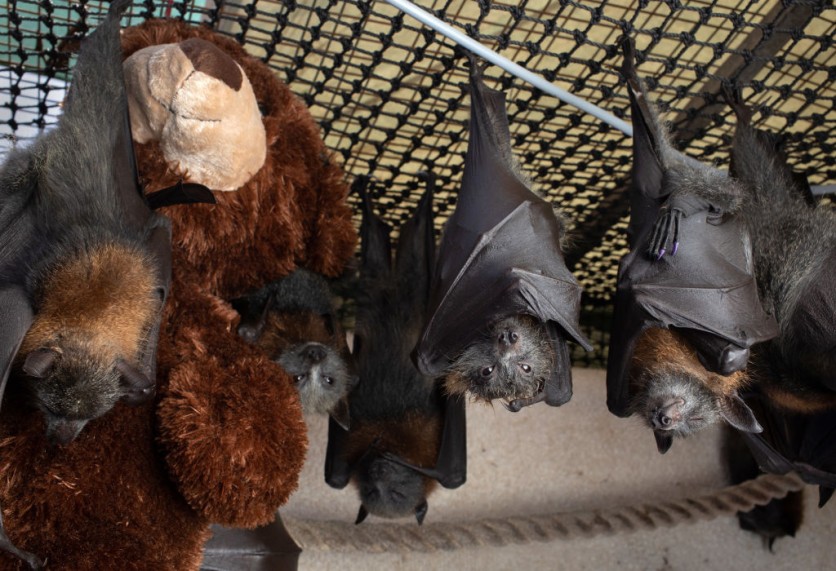Bat genes have long intrigued researchers due to their remarkable immunity to both COVID and cancer. These flying mammals host numerous coronaviruses without displaying any signs of illness. Scientists have delved into these genetic traits, exploring the potential for transferring these health advantages to humans.

Revealing Secrets of Bat Genes
Scientists at Cold Spring Harbor Laboratory (CSHL) suggest that the key to these mammals' resistance lies within their genetic makeup. Interesting Engineering reported that the researchers conducted genome sequencing for Jamaican fruit bats and Mesoamerican mustached bats.
Utilizing cutting-edge Oxford Nanopore sequencing technology, the team pieced together the complete genomes of both bat species and compared them to 15 other bat and mammal genomes, including the human genome. The results were nothing short of astonishing.
Collaborating with Nancy Simmons from the American Museum of Natural History and conducting their research in Belize, a team of scientists from Cold Spring Harbor Laboratory (CSHL) undertook the ambitious task of sequencing the genomes of two distinctive bat species: the Jamaican fruit bat and the Mesoamerican mustached bat.
Employing Oxford Nanopore sequencing technology, CSHL professors W. Richard McCombie and Adam Siepel, along with postdoc Armin Scheben, successfully assembled the comprehensive genetic blueprints of these bats.
To unravel the mysteries of bat genomics, they meticulously compared the obtained sequences to those of other bats and the human genome. This exhaustive analysis unveiled a remarkable and previously undisclosed transformation in the regulation of two essential genes associated with inflammatory proteins-interferon-alpha and interferon-omega.
Reflecting on Findings
As McCombie pointed out, the research revealed a surprising trend of immune system genes in bat genomes being positively selected. Bats exhibit various unique characteristics, notably their distinct response to infections that sets them apart from humans.
Reflecting on the findings, McCombie emphasized that this difference in their immune system might hold the key to understanding their exceptional resistance to both aging and cancer.
Interesting Engineering reported that the scientists' study uncovered a fascinating mechanism in bats: the genes responsible for producing interferon-alpha, a crucial part of the immune system's warning system, are deliberately subdued.
This intriguing adaptation potentially grants bats a high viral tolerance, safeguarding them from the damaging effects of infections that often lead to an overreactive immune response in humans, resulting in the destruction of healthy tissue.
In another striking revelation, the researchers found that bats possess a greater number of genetic modifications related to cancer than other animals. Among these alterations, six contribute to DNA repair, while 46 work to suppress tumors.
These findings align with previous research indicating that bats possess more efficient DNA repair mechanisms, effectively preventing the accumulation of DNA damage, a common precursor to cancer. These superior DNA repair capabilities might significantly contribute to their lower cancer risk.
The implications of these discoveries are profound. They promise fresh insights into the intricate connections between immunity, aging, and cancer, potentially paving the way for advanced medical procedures and treatments.
Siepel acknowledged that while many mysteries remain, the research could set the stage for collaboration with disease experts to develop innovative drugs and therapeutics based on these findings.
Related Article : Scientists Discover Unusual Behavior of Bats: They Socially Distance Just Like Humans





